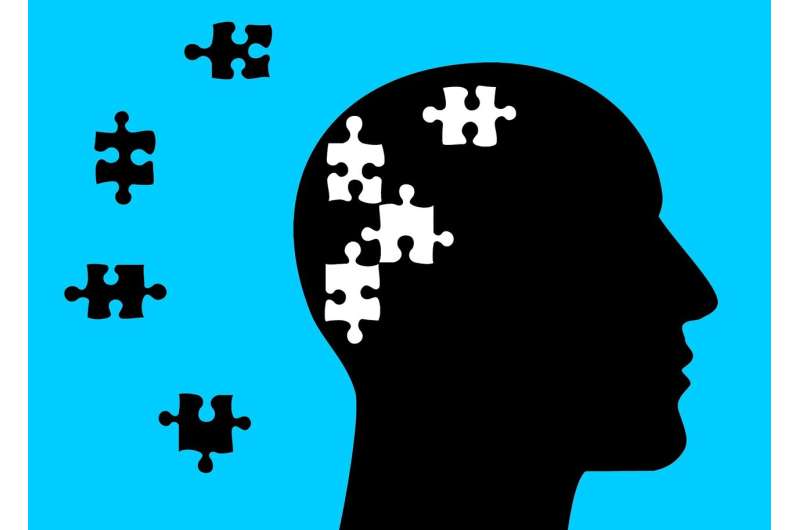Do People Truly Want to Know Their Risk of Developing Alzheimer's?

A new study explores the emotional and ethical complexities of disclosing Alzheimer's risk, revealing many individuals prefer not to know their potential future, highlighting the need for careful consideration of testing practices.
A recent study sheds light on the complex emotional and ethical questions surrounding the disclosure of individual risk assessments for Alzheimer's disease. Among 274 healthy participants aged 65 and older from the United States, approximately 40% chose to decline receiving their personal risk estimates—even after initially expressing interest. These risk predictions, which integrate demographic data, brain imaging, and blood biomarkers, can predict the likelihood of developing Alzheimer's within five years with an accuracy of about 82-84%. In comparison, simply considering age offers a predictive accuracy of roughly 79%. Despite this, the modest benefit of such testing in asymptomatic individuals comes with potential psychological risks.
Learning about an increased risk can evoke feelings of illness or limbo, creating distress rather than reassurance. Participants often cited the uncertainty of results, the emotional burden of knowing, and direct or indirect witnessing of loved ones with Alzheimer’s as reasons for opting out, especially among those with a family history or from Black communities where stigma and discrimination are more prevalent. This raises questions about whether routine offering of these tests is appropriate, given the possibility of causing unnecessary distress.
Moreover, current risk estimates have limited practical use for individuals without symptoms, as their primary utility lies in understanding modifiable lifestyle factors—such as diet and exercise—that may reduce cognitive decline. Unlike breast cancer, where high-risk individuals may receive preventive interventions, there are no equivalent preventatives for dementia. Therefore, knowing one’s risk may not lead to actionable steps.
As scientific advancements lead to earlier and more accurate detection—using blood tests that identify Alzheimer’s pathology with over 90% accuracy—the ethical dilemma intensifies. These tests are now being piloted within healthcare systems like the NHS, aiming to improve diagnosis accuracy for those with symptoms. Yet, current therapies offer only modest benefits and are not universally endorsed for cost-effectiveness, prompting debate on the value of early risk disclosure.
The core issue revolves around balancing scientific progress with respecting individuals’ rights and well-being. While transparency is increasingly emphasized, researchers and clinicians must carefully navigate how and whether to share uncertain results that could induce anxiety or false reassurance. Ultimately, offering personal risk information should be an informed choice, accompanied by clear explanations and warnings, recognizing that some individuals may prefer ignorance to prevent unnecessary distress.
Stay Updated with Mia's Feed
Get the latest health & wellness insights delivered straight to your inbox.
Related Articles
Caring for Young Kids During Record-Breaking Heat: Challenges and Community Responses
Extreme heat poses serious risks for young children, prompting families and schools to adopt protective measures. Community-driven efforts focus on creating shade, green spaces, and climate-resilient facilities to keep children safe amid rising temperatures.
Innovative Minimally Invasive Treatment Alleviates Knee Osteoarthritis Pain
A new minimally invasive procedure offers effective pain relief for knee osteoarthritis by reducing joint inflammation and blood flow, providing an alternative for patients unsuitable for surgery.
Potential Reversal in Global Progress Against AIDS Due to US Funding Cuts, UN Warns
UN warns that US funding reductions could reverse decades of progress in the fight against HIV/AIDS, risking over 4 million lives and millions of new infections by 2029.
Measles Outbreak Expands Across Texas and Neighboring States Nearing 800 Cases
A measles outbreak originating in Texas has expanded to nearly 800 cases across three states, highlighting ongoing public health concerns. Learn more about the latest developments and regional impact.



